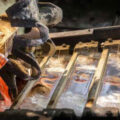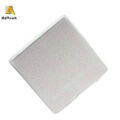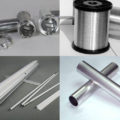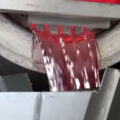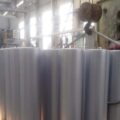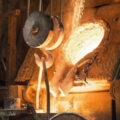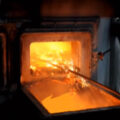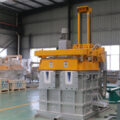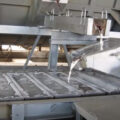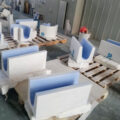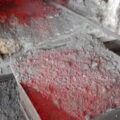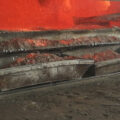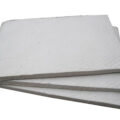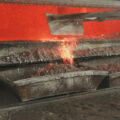Compared with iron alloys, aluminum alloys have many excellent characteristics. Aluminum alloy has a relatively low density and high specific strength, and is widely used in aircraft, automobiles, ships and aerospace industries. Aluminum has good electrical and thermal conductivity, and is an indispensable material in the electrical appliance and instrument industry. It also is an ideal material for manufacturing high-temperature parts. With the development of modern industry, aluminum alloys have been widely used. The heat treatment of aluminium alloys is a process, aluminum alloy casting can increase the strength and hardness of aluminum alloys.
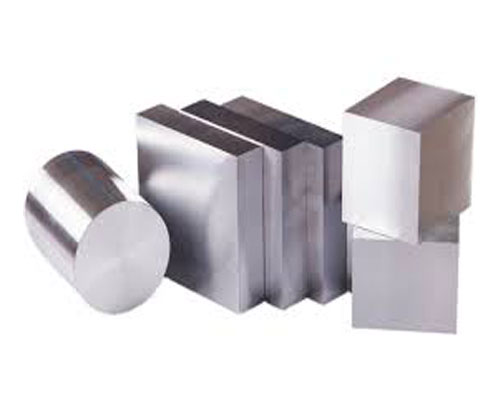
Cast Aluminum Alloy Types
According to the composition, the aluminum alloy can be divided into aluminum-silicon alloy, aluminum-copper alloy, aluminum-magnesium alloy, and aluminum-zinc alloy.
Al-Si alloy casting performance is good, but the strength and plasticity are low. But the mechanical properties can be improved by modification treatment. There are many varieties of aluminum-silicon alloys, ZL102 is a typical alloy. It is widely used in the manufacture of internal combustion engine cylinders, cylinder heads, pistons, instrument housings, fan blades, etc.
Aluminum-copper alloy has good heat resistance and cutting performance, but has poor casting performance and corrosion resistance. And it is mostly used to manufacture internal combustion engine pistons and cylinder heads.
Aluminum-magnesium alloy has lightweight, high strength, good corrosion resistance, but poor casting performance. It is mostly used for parts that bear impact loads and work under corrosive conditions, such as aircraft landing gear, marine portholes.
Aluminum-zinc alloys have high strength, but poor corrosion resistance and high thermal cracking tendency, and are generally used to manufacture automobile engine parts.

Heat Treatment of Aluminium Alloys
The aluminum-silicon alloy has the best casting performance. It can be used to cast thin-walled complex castings. Aluminum-copper, aluminum-magnesium, and aluminum-zinc alloys are far away from the eutectic point, the casting performance is poor. The pouring temperature is appropriately increased, and the riser is reasonably placed to prevent defects such as pouring failure, shrinkage, and cracks. Aluminum alloys are very easy to inhale and oxidize, it is better to degas by degassing unit and refine. When pouring, it adopts an open pouring system and serpentine sprue, so as to avoid oxidation.

